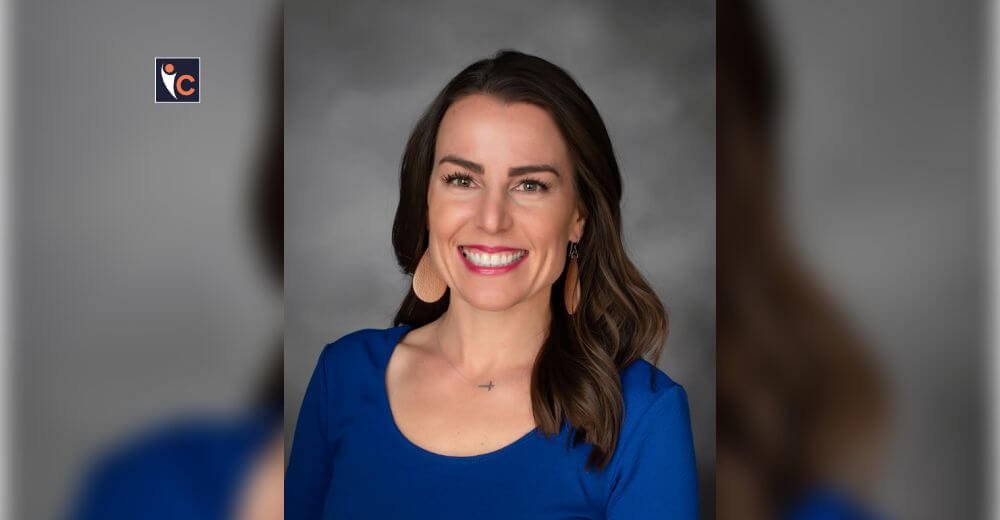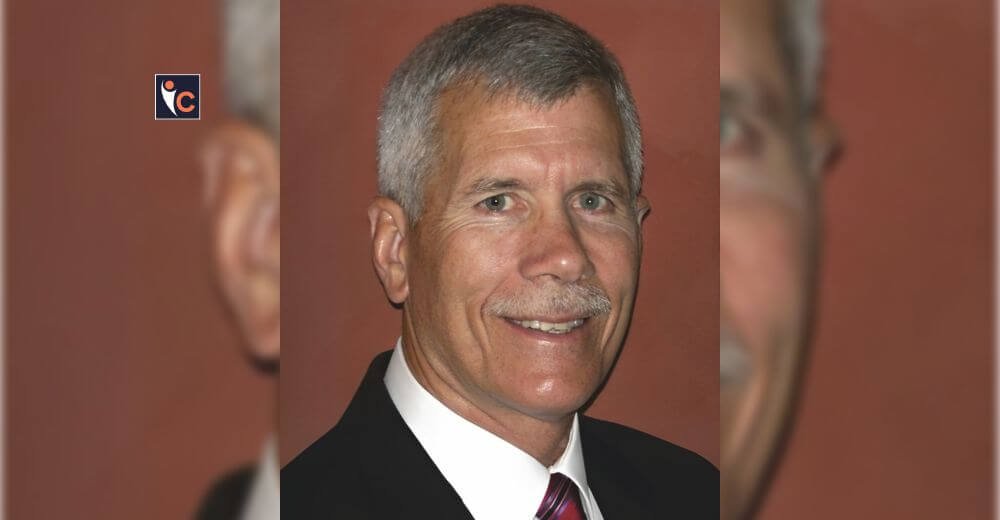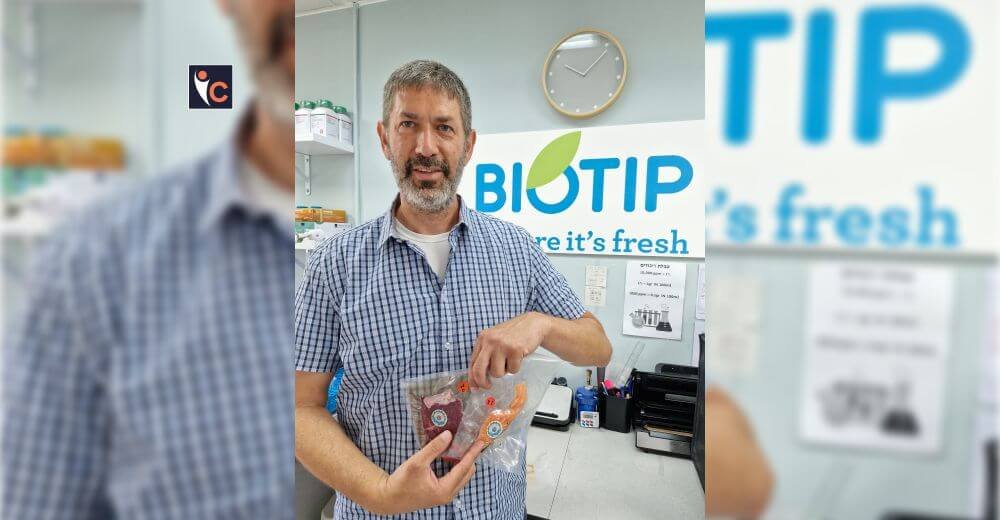Passionate about the skin microbiome, sustainable living and preserving Africa’s biodiversity, Trevor Steyn’s extensive experience in chemistry and biotechnology, has led to the formation of companies that are focused on topical probiotics and products that target the skin microbiome. His entire portfolio of companies provides certified organic, cruelty-free, fair trade and carbon-neutral personal care products.
In 1996, Trevor finished his master’s degree in organic chemistry after studying the subject. Prof. Siegfried Drewes, his mentor, sparked his interest in the chemistry of African plants. Trevor developed and established Esse Skincare after comprehending the possibilities of several of these botanicals for skin care. Esse’s development started in the year 2000 with a study of the African Sausage Tree, Kigelia Africana. Esse was born in 2002, two years after she had been in the making.
Below are the highlights of the interview, which shed light on Trevor Steyn’s work on the application of new probiotic species and delivery methods to combat ageing and optimise skin health.
Kindly tell us the source of inspiration and what led you to serve the Medical Aesthetic Industry?
We were early movers in the skin microbiome space, and we developed a strong understanding of the options available to shift the microbiome towards healthy diversity. Medical aesthetics is dominated by treatments that are fairly invasive.
These treatments often disrupt the skin’s microbiome, leading to persistent inflammation and slower healing times. This causes suboptimal results for the client. We see this as an opportunity to apply new biotech techniques, like live biotherapeutics, to reduce the risk of complications for practitioners and optimize results for their clients.
Brief us about yourself and shed some light on your journey at Esse Skincare.
I did a postgraduate degree in organic chemistry and initially moved into drug discovery before starting Esse in 2002. In 2009, the Human Microbiome Project caught my attention. I realized that the findings would fundamentally change health care and skin care, so I started the process of rebuilding myself as a microbiologist. The intersection of chemistry and microbiology led to new techniques to shift the microbial ecology of the skin. Over time, these have yielded strong anti-aging results due to our ability to optimize barrier function and reduce inflammation.
Can you elaborate on the science upon which your products and services are based? How are they different from other skincare products out in the market?
In February 2015, Esse became the first brand to use live bacteria in a retail product. It isn’t easy keeping them alive in an off-the-shelf product at room temperature. We couldn’t use preservatives, and we had to develop encapsulation technology that kept them in a dormant state until the product was applied to the skin. We launched our probiotic serum with one billion colony-forming units per ml, and this product has become our hero product in more than 40 countries worldwide. We showed its efficacy in independent trials in Bonn, Germany, and this brought the credibility that we needed in the Medical Aesthetics channel. There are currently only a handful of companies in the world that are able to offer live topical probiotics.
Since then, we have launched a few new actives and techniques that have the ability to nudge the microbial ecology on the skin toward a more balanced state.
What areas, in your opinion, do the skincare products in the market fail to address, when it comes to healthy skincare?
The skin microbiome is largely in control of barrier function, and barrier function is the skin’s most important role. Many of the products that we see on the market fail to understand that high-foam surfactants and many other synthetic ingredients are detrimental to tight junctions and commensal skin microbes, so they create “leaky” skin with a poor barrier function.
We hope to reduce inflammation by improving barrier function and strengthening the skin microbiome, allowing it to protect itself through the competitive exclusion of pathogens. This takes around two months, but the long-term results are worthwhile.
In what way do you consider technological advances to be a pathway in conducting your operations?
We’re largely a group of scientists that use the company as a way to fund the research that we find exciting. The skincare industry has been treating skin in a hopelessly oversimplified way, and there are so many ways to improve upon current approaches to long-term skin health.
Understanding the deep complexity of the skin’s interaction with microbes drives us to avoid disrupting it, instead using technological advances to mimic the conditions for which we’ve evolved. This will allow us to reduce chronic inflammation in the skin and return it to its ancestral state, free of the inflammatory conditions that plague modern humans.
What R&D advances are you leading at Esse Skincare currently? How will they be beneficial to the customers?
We’re doing a lot of work on mimicking skin lipids because these are the primary nutrient source for commensal microbes. Oils are very high in energy and come at a substantial metabolic cost. However, our skin still produces large amounts of unique oils that are found nowhere else in the animal kingdom and are also absent from our internal tissues.
Sapienic acid is named for our species, Sapiens, and it is the most abundant fatty acid on human skin. We have managed to find a source of this critically important fatty acid and have included it in products designed to protect the skin after invasive procedures.
There are no other brands that have access to this active, so we’re excited to pioneer another first in skincare. We are also using UV light to modulate the skin microbiome and boost Vitamin D levels in the skin.
What endeavours are you currently pursuing to improve your service measures for the clients?
We are currently working on a personalized service for clients that will reduce the number of products that they need to purchase and provide only the actives that are relevant to their skin concerns (and budget).
What are some of the challenges you face when conducting projects, and how do you turn them into opportunities for growth?
In our experience, we find new and interesting challenges in every project. Usually, these are not the challenges that we anticipated at the outset, but we generally keep a buoyant attitude toward resolving them. Each challenge is an opportunity to differentiate ourselves from our competition. We find that most people give up too early.
What advice would you like to give to budding entrepreneurs and enthusiasts who desire to venture into the medical aesthetic industry?
Don’t give up too early.
How do you envision scaling your services and operations in 2022 and beyond?
We’ve recently expanded into Canada, and this opens up the opportunity to drive sales in the USA, which will be new territory for us. The market is structured differently in North America, and there will be plenty for us to learn.
What are some of the testimonials or recognition that accurately highlight your position in the market?
We’ve won awards around the world, but, to be honest, we don’t place much emphasis on those. Individual testimonials are also too easy to rely on. A sample size of one doesn’t give us much information. We prefer statistically relevant results as drivers of innovations that are effective. It is very difficult to discern signals from noise in the skin microbiome space. We will continue to run our sequencing studies, but we understand that the client doesn’t care about their microbiome; they only care about visible improvements in skin condition, so we will be sure to deliver those first.
Next Story: https://insightscare.com/bfr-training-method-backed-by-science/










